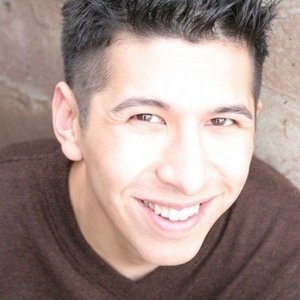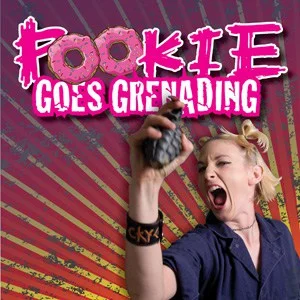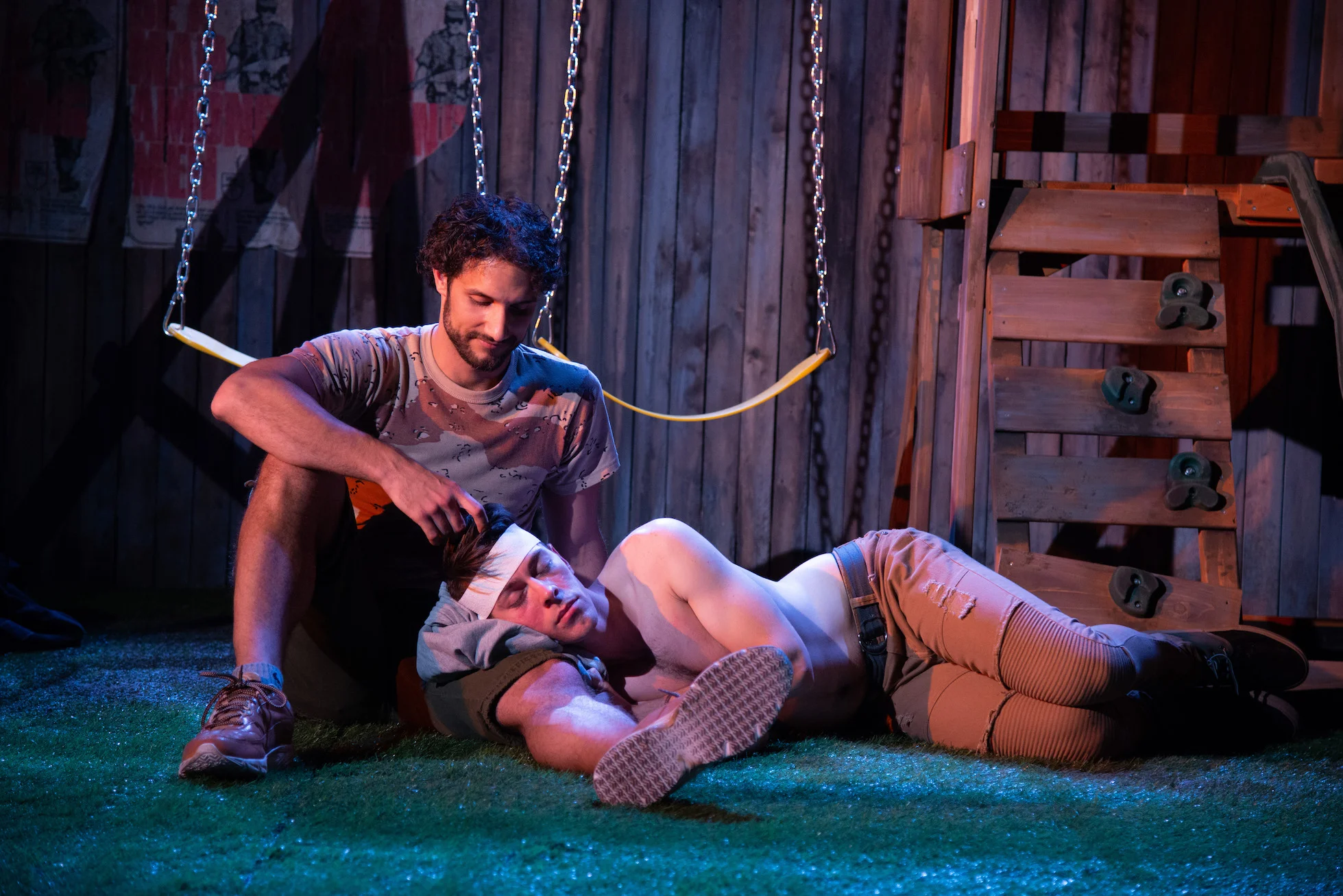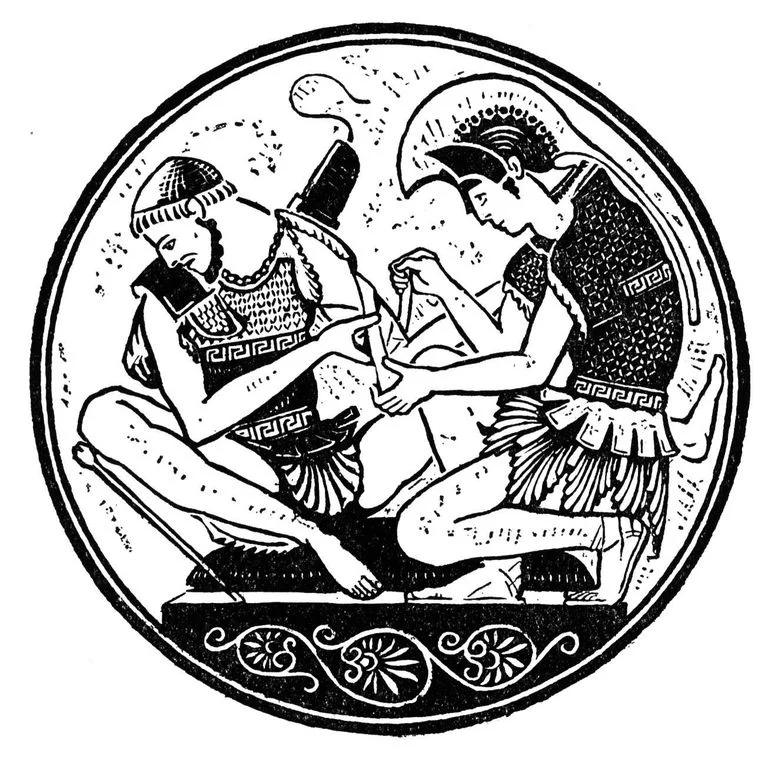WARPLAY: An Interview with Playwright JC Lee
Happy weekend, Azuka friends and family! Dramaturg Kris Karcher chatted with warplay playwright JC Lee this week about his career, the story of maleness, and the love between his two characters, A and P.
This is the second play of yours that Azuka has produced, the first being Pookie Goes Grenading in 2012. What have you been up to since then?
Oh god, 2012 feels like a million years ago now. It’s funny, Pookie Goes Grenading was actually one of my first plays ever produced. Since then, I’ve continued writing plays; I’ve had two plays produced in New York, a few done around the country, and one in London a few years back. Mostly, though, I’ve been writing in TV and Film in LA on a wide range of projects.
“Oh god, 2012 feels like a million years ago now.”
What do you find to be specifically exciting about writing for theatre that is different than writing for TV or Film?
Theatre has always been my home. I started out as a playwright, so theatre will always have a special kind of place for me. It has a unique kind of intimacy and humanity between the audience and the storyteller that you can’t access anywhere else. It’s also a nice way to escape from things. Theatre is one of the last mediums of art where you (hopefully) don’t look at your phone for more than a half hour. It’s urgent in a way, because it’s one of the last places that completely shuts you off from the outside world for a little bit.
What was it about their story that inspired you to write about Achilles and Patroclus?
There are two things. First of all, our sense of what a gay relationship is today is really informed by the political and cultural moment of now. I was interested in shedding a little bit of that and getting into what made male love specific in the story of Achilles and Patroclus and in the rest of Greek literature. The story also provided an opportunity to get inside this old idea of maleness and it’s relationship to faith, glory, and war, which I think is at the root of a lot of the toxic masculinity that is festering in our culture right now.
Jeff Gorcyca and James Kern (Photo by Johanna Austin, austinart.org)
Each of Azuka’s plays this season work in some way to dissect the construct of masculinity. What do you believe warplay says about masculinity and "being a man?"
Obviously the play is saying something about maleness, and on some level, the play is a deconstruction of maleness. However, I don’t think the play makes any sort of conclusion about maleness, but rather explores the idea of being a man, the story of maleness and how that affects young men.
Achilles and Patroclus
In warplay, your characters, A and P, have conflicting personalities, but still manage to find the best in each other. What are your favorite qualities about each of them?
I love all the characters that I work on because they’re all different sides of myself. I relate to them both because I think that they both have the qualities of adolescent youth that I remember from being younger and still feel the resonance of in my everyday life. To me, A and P are each different sides of the same coin. I think that all boys have both the brash, entitled, heroism that A exhibits, and the sort of insecure, fear-ridden, please-love-me quality that P has. We tend to get caught up in all of these qualities in any given moment. Part of the interest in writing the play for me was to tease those things apart and set them against each other.
Azuka has always been a theatre that celebrates the underdog, but this year opens with a story about a hero. What makes Achilles and Patroclus outsiders?
I do think that P is an outsider. He suffers from being the boy in love with the boy wonder, which I think a lot of people can relate to. What makes them both outsiders, however, is that their story essentially exists in their own private space. No one has access to their intimacy but them, which to me is what a first love is like. When you first feel that impulse of love, and you share it with that person, that always makes you feel like an outsider because you feel like you have access to something special that no one in the whole universe has ever known; which is why it’s so painful when you lose it. When I think about the first romance I had…when we first found each other, we were each other’s oasis, and what is so exciting and inevitably tragic about that is that you’re so excited that you’ve found this haven, but you’re terrified of it all coming crashing down. The war that is always on the horizon of this play is the threat of that invasion.
William Blake’s The Night of Enitharmon's Joy, possibly alluding to the Three Fates of Greek myth
Throughout the play, A and P argue about free will vs. fate. Do you believe that humans have free will? Do you think our destinies are unchangeable? Are those two ideas mutually exclusive?
I really wrestle with that question. I think we have to believe the stories we tell ourselves. It feels like we’re at a moment in world history where it’s hard to believe in free will because there is this sort of inexorable force that is sweeping the globe and pushing all of these governments toward the right, toward authoritarianism, and toward white nationalism, and it’s hard to feel like any individual voice has any measurable impact or control over that. Obviously the artist and free thinker of me wants to believe in the passion and thoughtfulness of the individual, but I’m not sure I can right now. It would be ignorant for me to sit here and say, “yeah people have control over their own destinies,” when a 13 year old black kid could go to the corner store for candy and get shot by the police. I don’t know if you do have control over your destiny if that’s the world you’re living in. So we have to believe that the stories we tell ourselves can create momentum for change in the world.
JC Lee’s warplay, directed by Kevin Glaccum, runs through November 18, 2018 at the Louis Bluver Theatre at The Drake. Get your tickets here.





